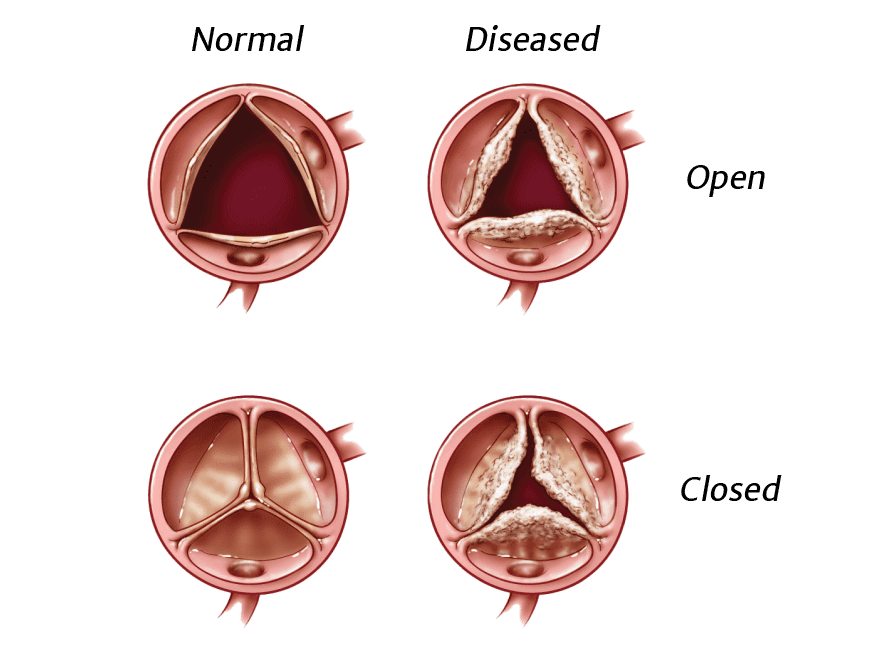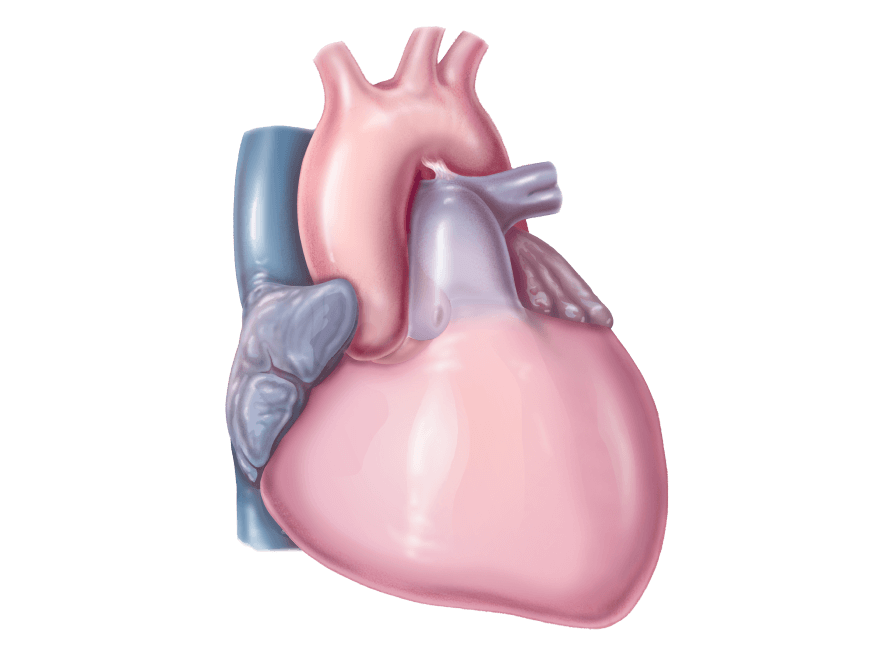Valve treatment

Valve treatment
Diseased heart valves can be addressed in several ways. These include: 1) medication 2) surgical valve repair 3) surgical valve replacement and 4) transcatheter valve replacement. While medication cannot correct valve dysfunction it can alleviate symptoms in many cases. If repair or replacement becomes necessary, your cardiologist, surgeon or interventional cardiologist, will discuss the options with you. The choice between replacement or repair will depend on a number of factors, including the specific valve in question, the severity of the condition and whether the issue is stenosis or regurgitation. Talk to your doctor about specific treatment options and the risks and benefits associated with each.
Your heart team
If you will be undergoing a heart valve repair or replacement procedure, you will be cared for by a team of medical specialists who are committed to your safety and comfort before, during, and after your procedure. Below you will find information describing different health care professionals you may meet during the course of your care.
How Edwards Lifesciences treats heart valve disease

Surgical valves
Surgical aortic valve replacement (SAVR) treatment options include replacing the valve through standard open-heart surgery or small-incision surgery. In both approaches, the surgeon removes the diseased valve and puts a new heart valve in its place.
Defects and diagnosis

A variety of conditions can cause heart valve abnormalities, and there are many ways of determining if you have heart valve disease. Learn what happens with heart valve disease and how it is diagnosed.


What the heart does

Beating about 2.5 billion times over an average lifetime, the heart provides blood flow to all the cells, tissues, and organs in your body when it's working properly. Clasp your two hands together and that's about the size of a healthy heart. It's important to maintain a healthy heart to live a healthy life.
